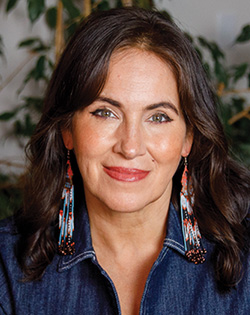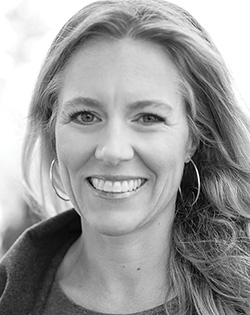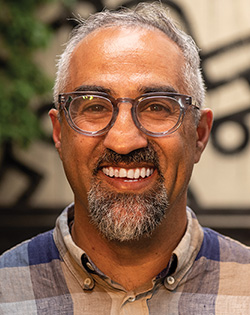

Bringing together health promotion and wellness professionals from across settings for 35 years!
Join us and be inspired and equipped to bring new practices and approaches to the population you serve: individuals, patients, employees, students, faith-based communities, families, military service members, tribal and indigenous communities and others.
What To Expect
A fulfilling experience in our time-honored commitment to:
- Being grounded in science
- Narrowing the gap between research and practice
- Weaving fun and joy into the best traditions and rituals of this event
- Driving industry innovation through live collaboration and partnership
- Fostering meaningful connections across generations of practitioners and scientists serving in health promotion.
Pricing
Through February 11, 2026
US$1,095.00
Member
US$1,395.00
Nonmember
After February 11, 2026
US$1,295.00
Member
US$1,595.00
Nonmember
Keynote Presentations
Adapt to Thrive: The New Brain Science of Sustainable Change, Motivation, and Resilience for Uncertain Times
Wednesday, March 25, 2026

Claim Your Brain: The Science and Soul of Mental Health
Thursday, March 26, 2026

Benefits of Attending
Access to Industry Experts—Learn from industry leaders in a safe, supportive environment designed for growth and collaboration.
Reconnect to Your Passion and Purpose—Connect with peers who are equally dedicated to advancing health, allowing you to express your mission and strengthen your commitment to the community.
Solve Problems, Make Change—Bring back innovative models, research, and strategies to help those you serve lead healthier, happier, and more successful lives.
Experience the Rigor—Benefit from case studies, proven frameworks, and evidence-based approaches that enhance your ability to make a meaningful impact.
Find Your People—Discover and engage with a network that understands your unique challenges and supports your ongoing success through Wellness Alliance tools and resources
Who Attends:
Health Promotion, wellness, and public health professionals including:
- Practitioners
- Educators
- Program Managers
- Scientists
- Consultants
Serving:
- Employees
- Students
- Patients
- Aging populations
- Tribal and Indigenous communities
- Military service members
- Faith-based communities
- Families
Continuing Education
We typically offer continuing education credits for a number of
professions including human resources, sports medicine, health and
wellness coaching and others. Approvals will be posted as they are
received.
Check back for updates. Sessions must be attended live and in full to qualify for credit. If you have any questions about earning CE credits, please email us.
Presented by

In partnership with the







